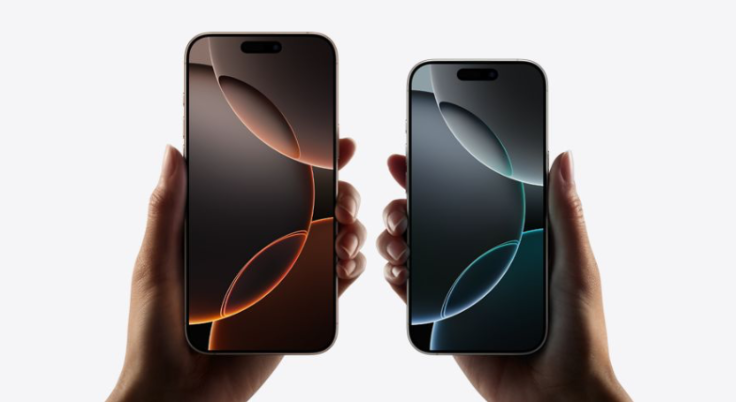
Apple's ambitious push into artificial intelligence (AI) has caused significant delays in its iOS updates, a trend that began with iOS 18 and is expected to persist with next year's iOS 19. Despite Apple's stature as a tech leader, its late entry into the generative AI race has created challenges in rolling out Apple Intelligence and advanced Siri features.
iOS 19 May Follow the Delayed Timeline of iOS 18
According to Bloomberg's Mark Gurman in his Power On newsletter, Apple users could face similar delays with iOS 19 as they experienced with iOS 18. Apple's latest operating system debuted in October, with ongoing updates expected well into December through version 18.2. Gurman predicts that this gradual release pattern will continue into 2025, reflecting Apple's cautious approach to introducing its generative AI capabilities.
The staggered rollout of iOS 18 marked Apple's official entry into the AI space. While the gradual timeline was deemed acceptable for a first attempt, it has left many users waiting for the promised features. With iOS 19, Apple plans to introduce further enhancements to its AI-driven assistant, Siri, under the project codename "LLM Siri," though these updates may not be fully realized until 2026.
Apple Intelligence Development Sets Back Apple
Apple's delays are largely attributed to the ambitious scope of Apple Intelligence, which encompasses significant new capabilities. The company's strategy involves delivering these features incrementally rather than in a single comprehensive update. While this approach ensures a polished user experience, it also prolongs the time users must wait for promised advancements.
Among the most anticipated features is LLM Siri, a generative AI revamp of Apple's voice assistant. Originally rumored for earlier deployment, this upgrade has faced repeated setbacks, pushing its potential release to spring 2026.
Gradual Rollout of Apple Intelligence Features
Apple first unveiled its generative AI vision at the WWDC 2024 event, presenting a roadmap for its AI evolution. However, the rollout of these capabilities has been slower than anticipated. iOS 18.1, released in October, introduced initial features such as advanced writing tools, notification summaries, AI-powered image editing via "Clean Up," and minor Siri improvements.
The upcoming iOS 18.2, slated for a December release, will expand on these capabilities with the much-anticipated Siri integration with ChatGPT and the launch of the AI-driven Image Playground. These features are designed to showcase Apple's foray into generative AI, yet they are part of a piecemeal rollout strategy that reflects the challenges of delivering cutting-edge technology.
Apple's Late Entry into the AI Race
Apple's AI assistant, Siri, has long been criticized for stagnating while competitors advanced rapidly. The company's renewed focus on AI is an acknowledgment of this gap, but its late start has placed it behind other tech giants in the race to dominate the AI landscape. Rivals such as OpenAI, Microsoft, and Google have already established robust generative AI ecosystems, making Apple's gradual entry appear hesitant by comparison.
The delays in iOS 18 and anticipated setbacks in iOS 19 indicate that Apple's transition into the AI era is a complex and resource-intensive endeavor. While its features promise to redefine user experiences, the extended timeline underscores the challenges of integrating advanced AI into existing platforms.









